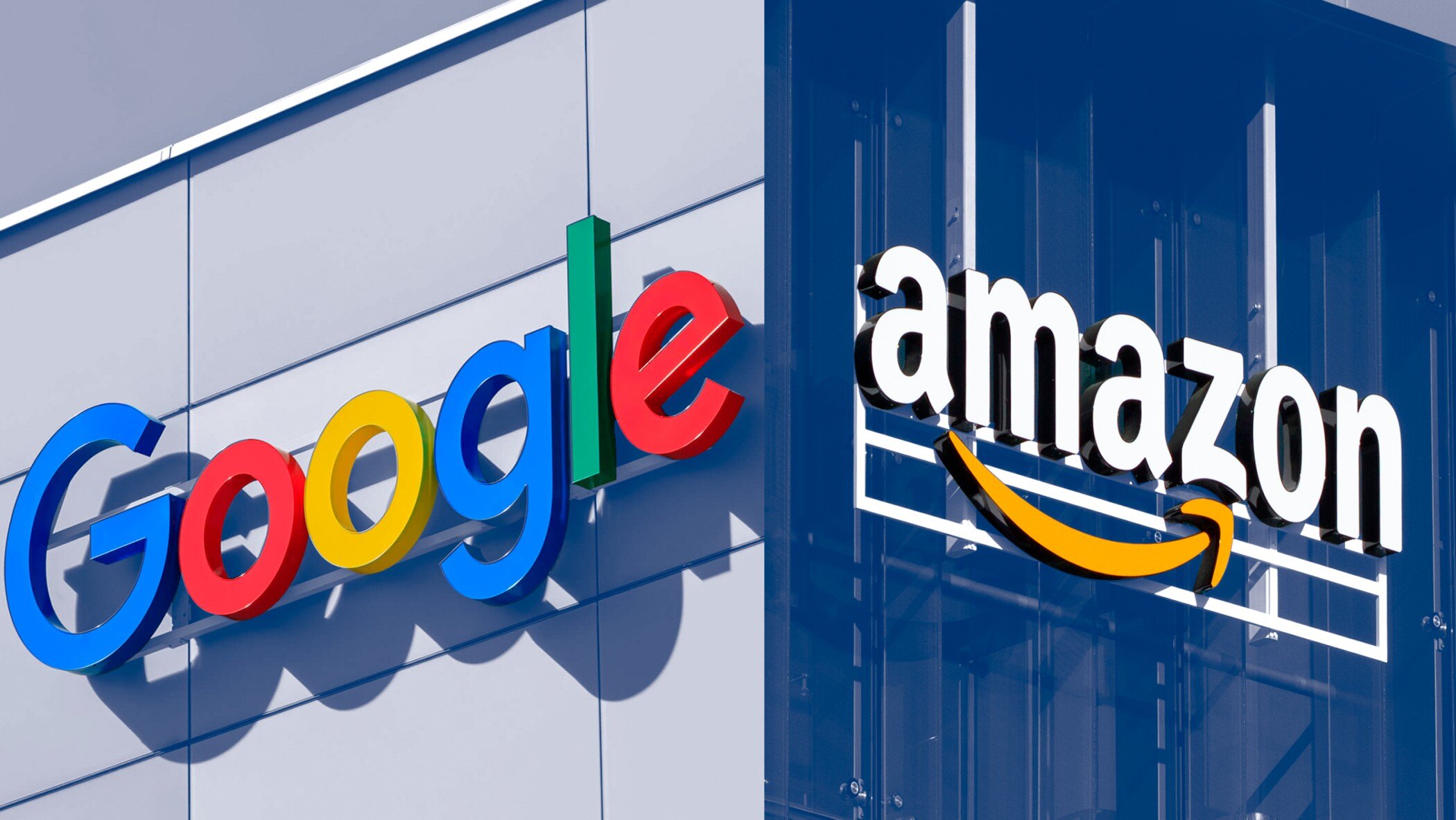When “#1 on Google” Isn’t Enough
For years, landing the #1 spot on Google has been the holy grail of digital strategy. But today, there’s a new paradox: You can rank first on Google and still be invisible to AI.
ChatGPT, Gemini, Perplexity, Copilot, and even Google’s own AI Overviews no longer “search” the way we’re used to. Instead, they summarize. They decide which sources to trust, synthesize answers, and recommend brands without necessarily sending traffic back. This shift is reshaping ecommerce, SEO, and brand visibility. As I often tell the Amazon sellers and DTC founders I work with: “If AI can’t see your brand, it can’t recommend it.”
And in 2025, that’s not a hypothetical. It’s already happening.
The AI Visibility Reality Check
According to Semrush (June 2025):
- AI Overviews appear in 13% of all Google searches.
- Ranking in Google’s top 10 increases your chances of appearing in AI Overviews by 52%.
- 90% of ChatGPT’s citations come from pages outside the top 20 Google results.
This means that traditional SEO is no longer the sole entry ticket. You could be ranking #1 and still be ignored by AI if your brand lacks the signals these systems prioritize.
And here’s where it gets interesting: platforms like Reddit, Quora, and YouTube are overrepresented in AI answers, often cited above traditional brand pages.
Why #1 Google Ranking ≠ AI Visibility
The difference lies in how LLMs (large language models) perceive your brand:
- Google SEO rewards relevance, keywords, backlinks, and authority.
- AI Visibility prioritizes trust, structured clarity, and representation across data sources.
In other words, SEO is about clicks. AI is about confidence.
For Amazon sellers, startups, and even established retail brands, this is a massive shift. AI doesn’t just summarize what you say, it weighs what others say about you across forums, reviews, and independent sources.
Semrush Insights: Measuring the Invisible
Semrush has been one of the first platforms to address this challenge head-on with their AI Toolkit. Here’s what it brings to the table:
- AI Visibility metrics: share of voice in AI systems, brand mentions, and sentiment.
- Competitive benchmarks: see which prompts your competitors are showing up in that you’re not.
- Actionable recommendations: identify high-priority fixes like missing structured data, weak citations, or gaps in user-generated content.
Put simply, it’s the first real way to quantify whether your brand is “visible” to AI systems, or quietly excluded.
The Impact of AI Overviews
Zero-click searches aren’t new. But AI Overviews have taken them to another level. Studies show:
- Ahrefs estimates organic click-through rates have dropped 34.5% since AI Overviews rolled out.
- Yet visibility (impressions, mentions, and citations) has actually grown.
- Business sites make up 50% of ChatGPT’s links, but those citations are often consolidated and harder to track.
This means your content may still influence decisions, even if traffic doesn’t flow directly back to your site.
For ecommerce teams, that raises a strategic question: Would you rather fight for clicks, or secure recommendations at the source?
UGC: The Unexpected Kingmaker
One of the most surprising findings in Semrush’s research is the dominance of user-generated content (UGC). Reddit threads, Quora answers, and YouTube reviews are consistently cited in AI Overviews and ChatGPT answers.
Why? Because LLMs value authenticity, discussion, and context. A single detailed Reddit thread about your product can sometimes outweigh a polished landing page.
For brands, this isn’t bad news. It’s a chance to activate communities, seed conversations, and encourage authentic reviews that AI will pick up naturally.
Strategies to Stay Visible
So what can brands do today to close the gap between Google SEO and AI visibility?
- Audit your AI footprint. Use tools like the Semrush AI Toolkit to see if ChatGPT, Gemini, or Perplexity are mentioning your brand.
- Structure your content for AI. Use schema markup, FAQs, and concise answers at the top of your pages. LLMs love structured clarity.
- Diversify beyond your site. Don’t rely solely on your domain. Build presence in third-party spaces like Reddit, Quora, and industry reports.
- Invest in UGC and reviews. Encourage verified reviews, testimonials, and real discussions around your products.
- Test prompts, not just keywords. Instead of asking, “What do we rank for?” ask, “What does ChatGPT say when someone asks about our category?”
Case in Point: Ecommerce & Amazon Sellers
Let’s bring this closer to home. For Amazon sellers and DTC brands:
- Your PDPs (product detail pages) are now “AI-readable assets.” Clear benefits, structured bullets, and credible reviews make them more likely to be cited in AI answers.
- Your Amazon Q&A section is being scanned just as much as your website. Don’t neglect it.
- Expanding into marketplaces like Walmart or Target.com increases the chances of being picked up by AI systems that value broad coverage.
Ranking on page one of Amazon is no longer just about conversion, it’s about visibility in the AI systems that summarize entire categories.
Questions Leaders Should Be Asking
If you’re leading a growth team, here’s a checkpoint worth running this quarter:
- What does ChatGPT say about our category?
- Are we cited in Google AI Overviews for key searches?
- How consistent is our brand across reviews, forums, and structured data?
- Do we have visibility beyond our owned channels?
These aren’t SEO questions. They’re visibility questions. And they’re becoming just as critical as inventory forecasts or ad budgets.
My Take
I’ve spent my career helping brands grow across retail, Amazon, and DTC. And here’s the shift I’m seeing up close: Ranking first is still valuable, but being recognized by AI is becoming non-negotiable.
The winners in this new landscape won’t just be those who know how to optimize for Google. They’ll be the ones who adapt their strategy to the systems where decisions are already being made. If your team hasn’t asked, “How does AI perceive us today?”, now is the time.
At HatchEcom, we’re helping brands audit, adapt, and execute strategies built for both search and AI. Because in 2025, visibility isn’t about links. It’s about presence.
.png?width=238&height=70&name=Logo%20HatchEcom%20azul%20(1).png)
.png?width=200&height=59&name=Logo%20HatchEcom%20azul%20(1).png)




